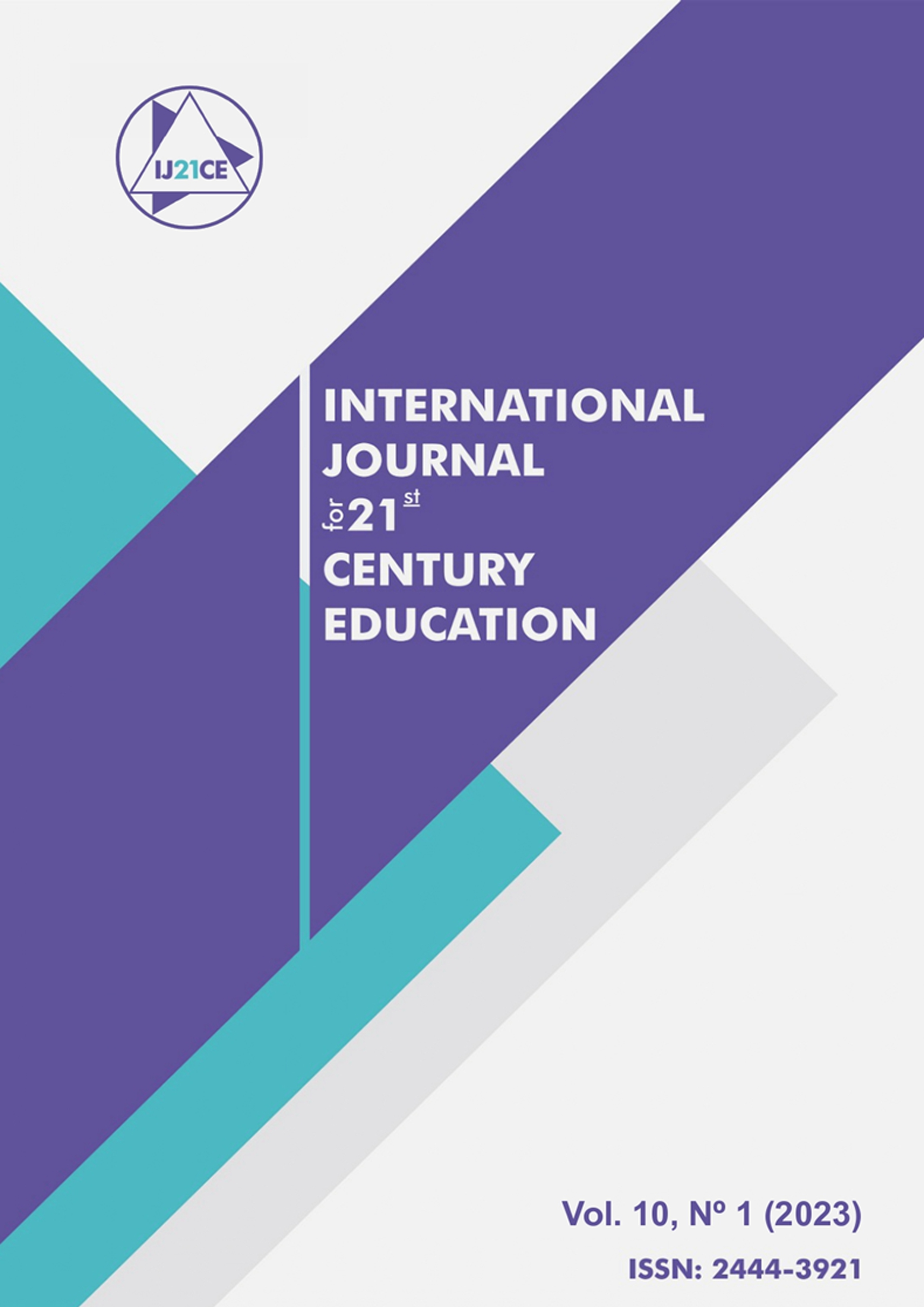Accessibility in Translation and Interpreting Studies Teaching Experiences with Students Who are Blind or Have Low Vision
Main Article Content
Abstract
Access to quality education and the reduction of inequalities are among the Sustainable Development Objectives set by the United Nations (2015). This paper explores the perception of university lecturers regarding the measures adopted to cater for the needs of students with blindness and low vision. Drawing from the results of the thematic analysis conducted on a focus group organised in the framework of the UNIVAC project with five lecturers from the field of Translation and Interpreting, the paper reports on aspects such as the way in which inclusion units communicate with lecturers, the guidelines and resources made available by institutions, users’ feedback, and the need for training in accessibility. The experience of the participants sheds light on the effort entailed in accessibility management for different stakeholders. For lecturers, effort translates into time devoted to communication with student support services, private tuition for students with disabilities, the creation or adaptation of accessible materials, the application of teaching methodologies that consider accessibility, and the need for lifelong learning. Such an effort is not sufficiently acknowledged by their institutions. Likewise, lecturers are aware of the extra effort made by students with vision impairments, who are described as highly autonomous students. These students devote personal time to clarify and elaborate on the scarce accessibility guidelines offered by institutions by contacting each lecturer directly.
Downloads
Article Details
Proposed Copyright Notices by Creative Commons
1. Proposed policy for journals that offer open access
Authors who have publications in this journal agree to the following terms:
Authors retain their copyright and grant the journal the right of first publication of their work, which will simultaneously be subject to a Creative Commons Attribution License that allows third parties to share the work provided that the author and the journal as the original place of publication are properly acknowledged.
Authors may enter into separate, additional non-exclusive licensing agreements for the distribution of the published version of the work (e.g., depositing it in an institutional online repository or publishing it in a monographic volume), provided that the original publication in this journal is acknowledged.
Authors are permitted and encouraged to disseminate their work online (e.g., in institutional online repositories or on their personal website) before and during the submission process, as this can foster productive exchanges and increase citations of the published work (see The Open Access Effect).

